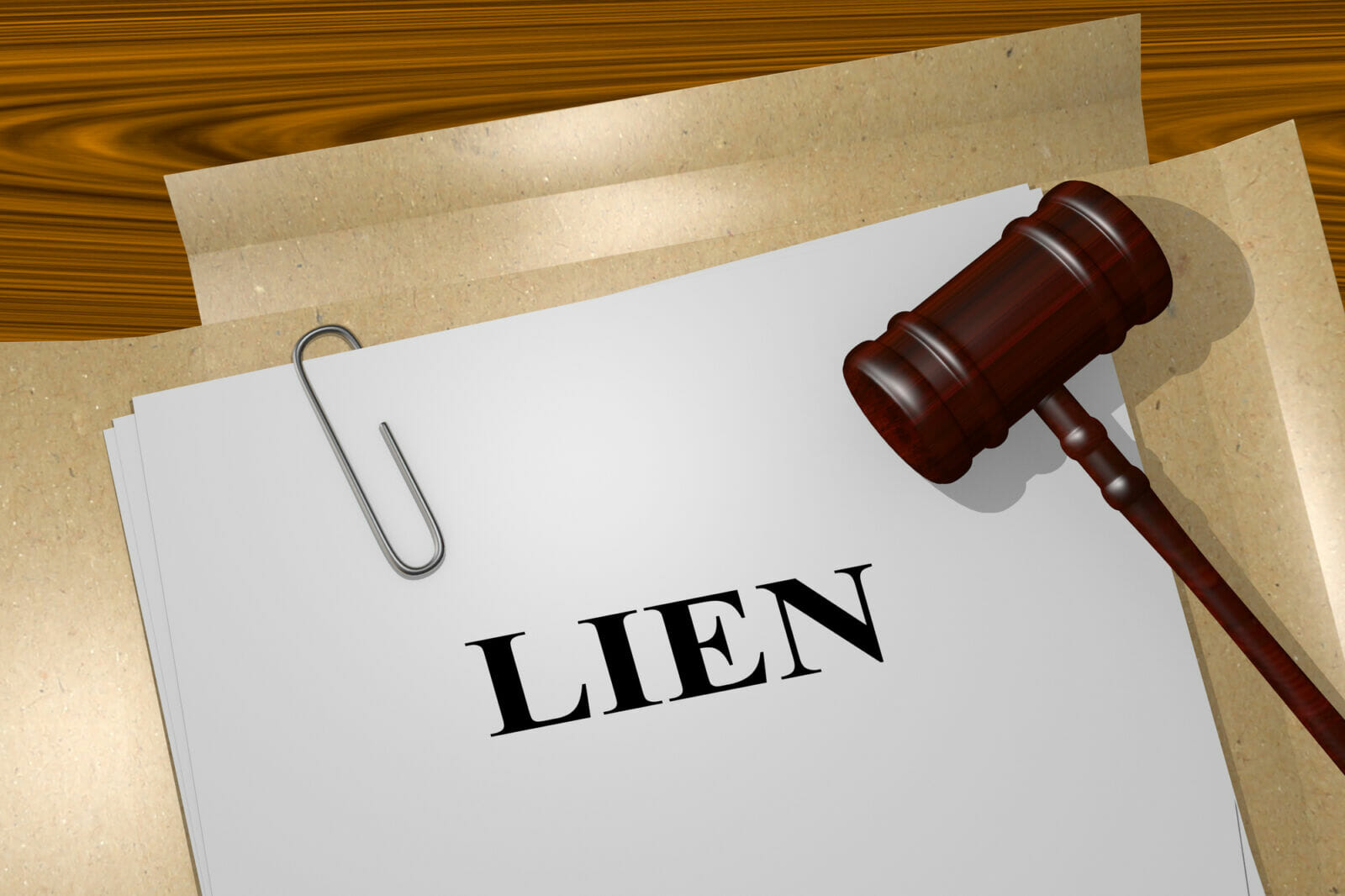Distress often leads people to sell their assets. When an asset is sold, interested parties can claim a lien on a property. A lien is a legal document rights holders enter into that gives them ownership of a specific asset until they’re paid.
There are two types of liens. One is voluntary, and the other is involuntary.
In this article, we bring you information related to lien on property, their definition, and situations when they apply. Read on to learn more.
What Is a Lien on Property?
A lien is a claim on your property paid off before you can sell the property. The most common type of lien is a mortgage.
But other liens are placed on your property for outstanding taxes or homeowner association dues. When you go to sell your property, you’ll need to make sure that all liens are paid off before the sale can go through.
The Purpose of a Lien
If you don’t pay your debts, your creditor may put a lien on a house. A lien is a legal claim on your property that you must pay off before selling the property.
A lien on the property is to make sure you pay your debts. If you don’t pay your debts, the creditor can take your property and sell it to pay off your debt.
The Different Types of Liens
When someone fails to pay a debt, the creditor may put a lien on the debtor’s property. It is called a security interest.
The lien gives the creditor the right to sell the property to pay the unpaid debt. There are different types of liens, including judgments, tax liens, and mechanic’s liens.
Process of Place a Lien on Property
A lien is a legal claim on someone’s property. A lien gives the creditor the right to take the property if the debt isn’t paid.
The creditor may put a lien on the debtor’s house, car, or other property. The debtor may have to sell the property to pay the debt.
When you owe tax liens from the IRS, they may put a lien on a property. It means that if you try to sell your property, the IRS will get the money you owe them before you do.
Advantages and Disadvantages of Having a Lien
One advantage of having a lien on your property is that it can motivate you to pay the debt that you owe. If you know that failing to pay will result in losing your home, you are more likely to prioritize making payments.
There are also some disadvantages to having a lien on the property. One is that it can make borrowing or selling your property difficult. Potential lenders or buyers are put off by the lien and choose to work with someone else.
Place of Lien on Property
Lien on property is a legal claim a creditor has against your property. If you sell the property, the creditor will get paid out of the proceeds.
So, if you’re considering selling your property, you need to ensure that all of the liens on it are paid off first. And if you’re behind on any debts, you should get caught up before putting your property on the market, or you may lose it.
Take the first step to order your deed search, ultimately own your home, and clear the lien status today!




